What is the meaning of the jasmine flower at a wedding?
In many cultures, the jasmine flower holds symbolic meaning at weddings. It is often associated with love, beauty, and purity. The delicate and fragrant white blossoms of jasmine are believed to represent the purity and innocence of the bride. The flower is also seen as a symbol of eternal love and commitment between the couple. In some traditions, jasmine is used to create floral garlands or bouquets for the bride to wear or carry during the wedding ceremony. The sweet scent of jasmine is thought to bring good luck and blessings to the newlyweds, as well as create a romantic and enchanting atmosphere. Overall, the jasmine flower is highly regarded and cherished for its symbolism of love, beauty, and purity in the context of weddings.
1、 Symbolism of purity and innocence in wedding ceremonies.
The jasmine flower holds significant symbolism in wedding ceremonies, representing purity and innocence. This delicate and fragrant flower has been used in weddings for centuries, and its meaning has remained consistent throughout various cultures and traditions.
The jasmine flower's association with purity stems from its pristine white petals and its sweet, intoxicating fragrance. It is often used in bridal bouquets, floral arrangements, and even as hair adornments for the bride. The flower's pure white color symbolizes the bride's innocence and her commitment to a new beginning in her married life.
Furthermore, the jasmine flower's fragrance is believed to bring good luck and happiness to the couple. Its sweet scent is said to create a calming and romantic atmosphere, enhancing the overall ambiance of the wedding ceremony. The aroma of jasmine is also believed to have aphrodisiac properties, symbolizing the couple's desire for a passionate and loving relationship.
In recent times, the meaning of the jasmine flower at weddings has expanded to include notions of love, beauty, and grace. The flower's delicate and elegant appearance represents the bride's beauty and gracefulness as she embarks on her journey as a wife. Additionally, jasmine is often associated with love and romance, further emphasizing the couple's deep affection and commitment to each other.
Overall, the jasmine flower's symbolism of purity and innocence in wedding ceremonies remains steadfast. However, its meaning has evolved to encompass additional aspects of love, beauty, and grace. Incorporating jasmine into a wedding not only adds a touch of elegance but also carries a profound message of the couple's pure and loving union.

2、 Significance of jasmine as a traditional bridal flower.
The jasmine flower holds great significance in various cultures and has been used as a traditional bridal flower for centuries. Its delicate white petals and sweet fragrance make it a popular choice for weddings. The meaning of the jasmine flower at a wedding can be interpreted in different ways, depending on the cultural context.
In many Asian cultures, jasmine symbolizes purity, beauty, and grace. It is believed to bring good luck and blessings to the newlyweds, as well as ward off evil spirits. The fragrance of jasmine is also thought to have a calming effect, creating a peaceful and harmonious atmosphere during the wedding ceremony.
In addition to its symbolic meaning, jasmine is also chosen as a bridal flower for its practical qualities. Its small, star-shaped flowers can be easily incorporated into bridal bouquets, hair accessories, and decorations. Jasmine is known for its long-lasting freshness, making it an ideal choice for a wedding that lasts throughout the day.
From a modern perspective, the significance of jasmine as a traditional bridal flower remains relevant. Many couples today still choose jasmine for its timeless beauty and symbolic meaning. Moreover, the rise of eco-friendly and sustainable weddings has led to a renewed interest in using natural and locally sourced flowers, including jasmine.
Overall, the jasmine flower holds deep cultural and symbolic significance as a traditional bridal flower. Its meaning as a symbol of purity, beauty, and good luck continues to resonate with couples around the world. Whether chosen for its cultural significance or aesthetic appeal, jasmine adds a touch of elegance and tradition to any wedding celebration.
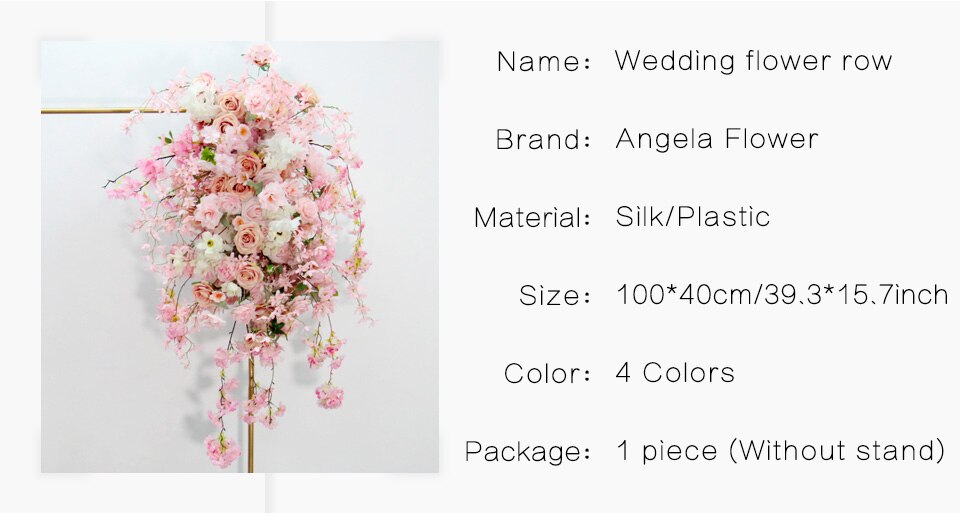
3、 Cultural associations of jasmine with love and fertility.
The jasmine flower holds significant cultural associations with love and fertility, making it a popular choice for weddings. In many cultures, including those in Asia and the Middle East, jasmine is considered a symbol of love, beauty, and sensuality. Its delicate white petals and sweet fragrance are often associated with purity and innocence, making it an ideal flower for bridal bouquets and decorations.
Jasmine's connection to fertility is rooted in its ability to bloom abundantly and produce numerous flowers. This association is particularly strong in South Asian cultures, where jasmine is often used in wedding rituals and ceremonies to bless the couple with fertility and prosperity. In some traditions, jasmine garlands are exchanged between the bride and groom as a symbol of their union and the hope for a fruitful marriage.
Furthermore, jasmine's intoxicating scent is believed to have aphrodisiac properties, enhancing the romantic atmosphere of a wedding. The fragrance of jasmine is said to evoke feelings of passion and desire, creating a sensual ambiance for the couple and their guests.
In recent times, the meaning of the jasmine flower at weddings has expanded to include notions of purity, grace, and elegance. Its timeless beauty and delicate appearance make it a popular choice for couples seeking a classic and romantic aesthetic for their special day.
Overall, the cultural associations of jasmine with love and fertility make it a cherished flower in wedding ceremonies. Whether it is used to symbolize love, enhance fertility, or create a romantic atmosphere, the jasmine flower adds a touch of beauty and meaning to any wedding celebration.
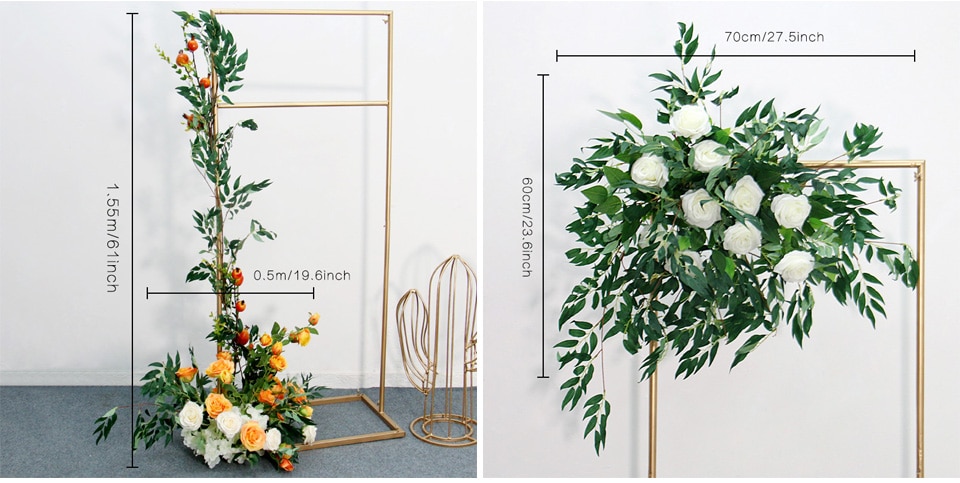
4、 Historical use of jasmine in wedding rituals and traditions.
The jasmine flower holds significant meaning in wedding ceremonies and has been used in various rituals and traditions throughout history. In many cultures, jasmine is considered a symbol of love, beauty, and purity, making it a popular choice for weddings.
Historically, jasmine has been used in wedding rituals to symbolize the purity and innocence of the bride. The delicate white petals and sweet fragrance of the jasmine flower are believed to bring good luck and blessings to the couple's union. In some traditions, jasmine garlands are exchanged between the bride and groom as a symbol of their love and commitment.
Furthermore, jasmine has been used in bridal bouquets and floral arrangements to enhance the overall aesthetic of the wedding. Its elegant appearance and intoxicating scent add a touch of romance and elegance to the ceremony.
In recent times, the meaning of the jasmine flower at weddings has evolved to reflect personal preferences and cultural diversity. While the traditional symbolism of love and purity remains, couples may also choose jasmine for its association with relaxation and tranquility. The calming properties of jasmine can create a soothing atmosphere, helping to alleviate any wedding day jitters and create a serene ambiance.
Ultimately, the meaning of the jasmine flower at a wedding is subjective and can vary depending on cultural, personal, and contemporary influences. However, its timeless beauty and symbolic significance continue to make it a cherished choice for couples around the world.
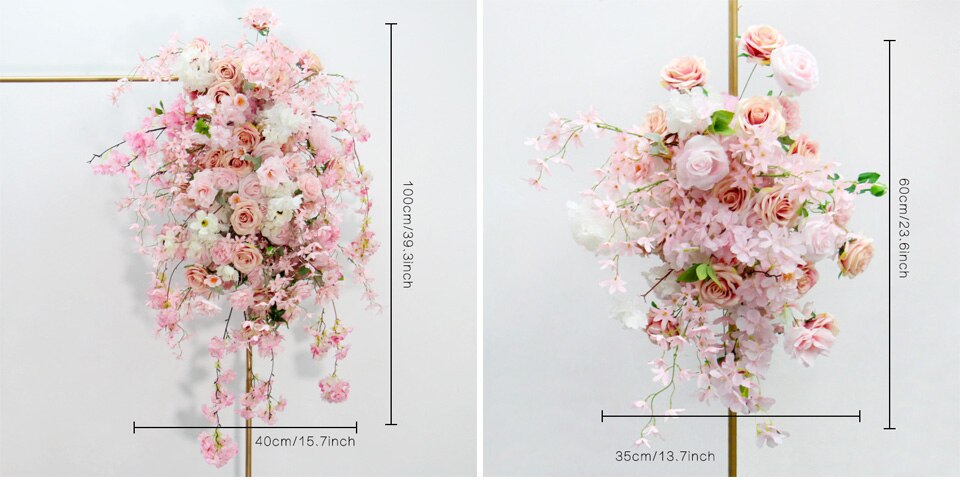



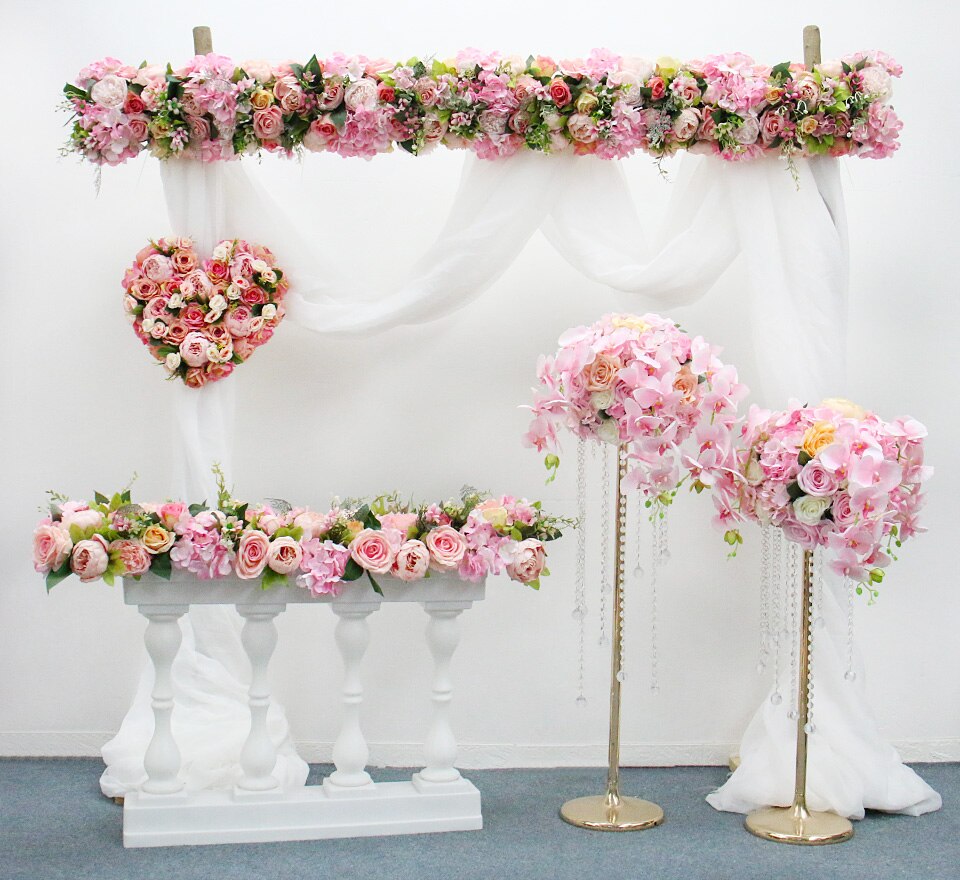
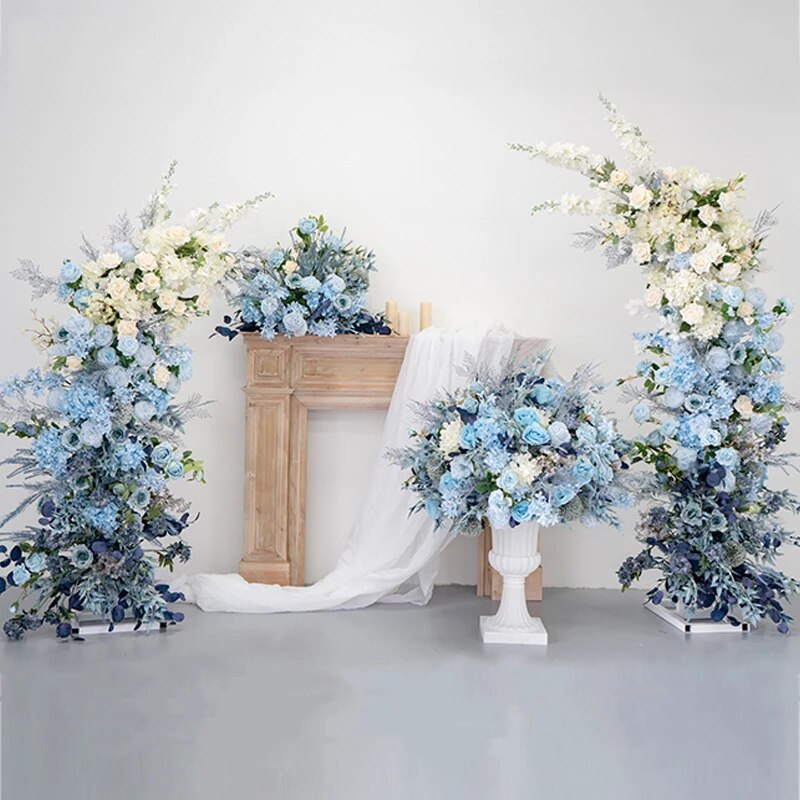
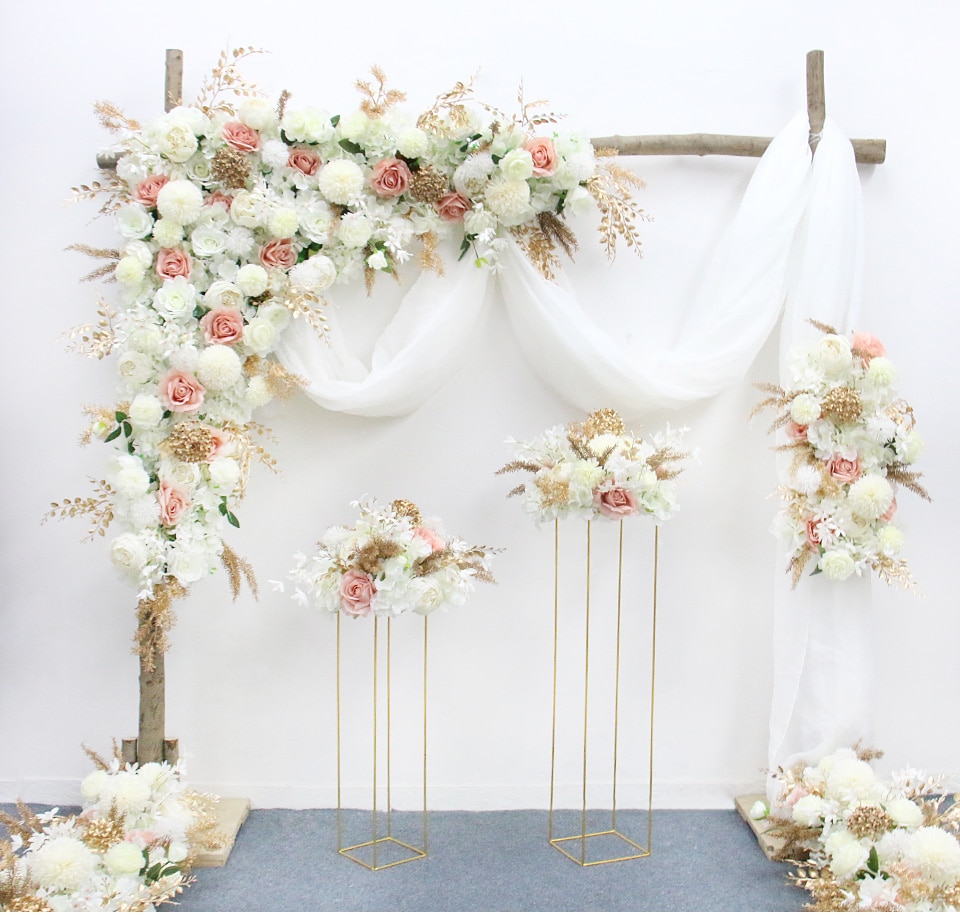
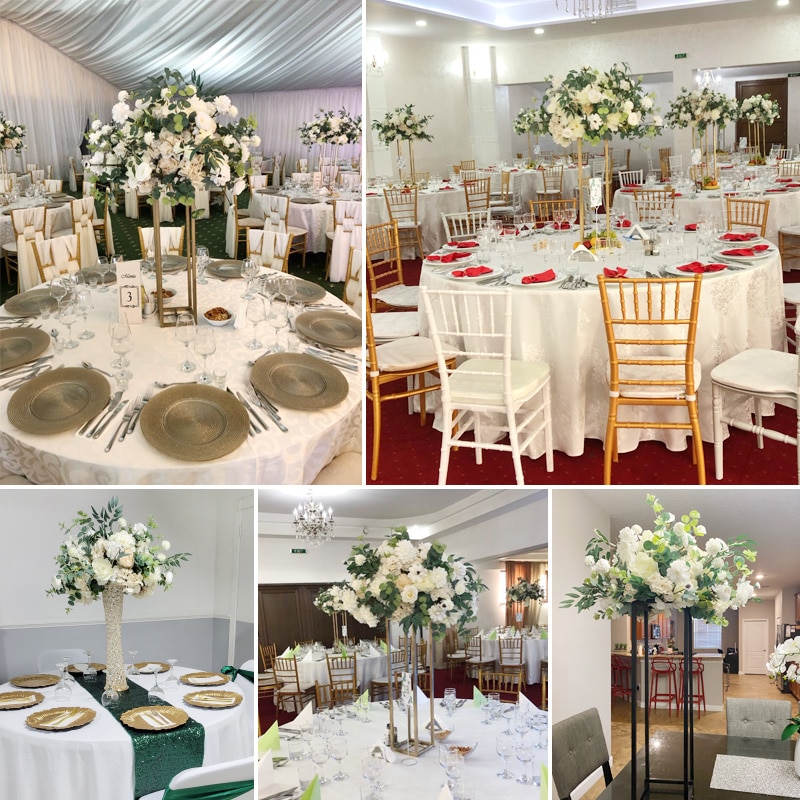
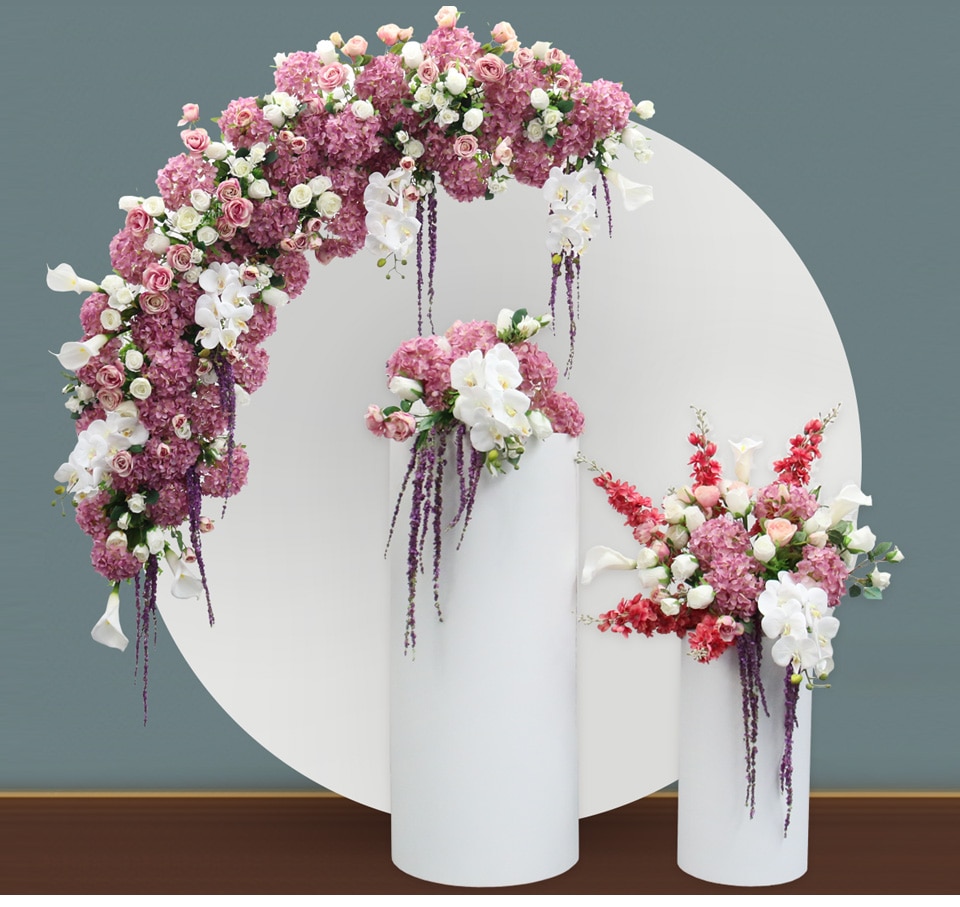

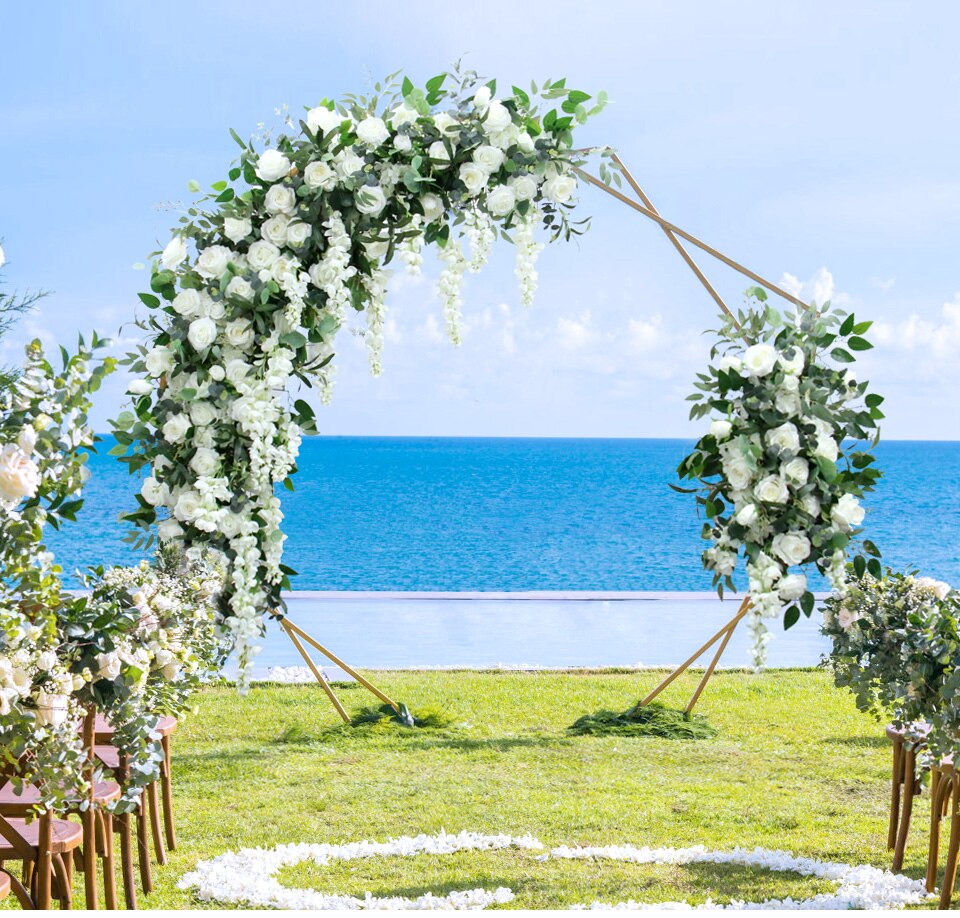
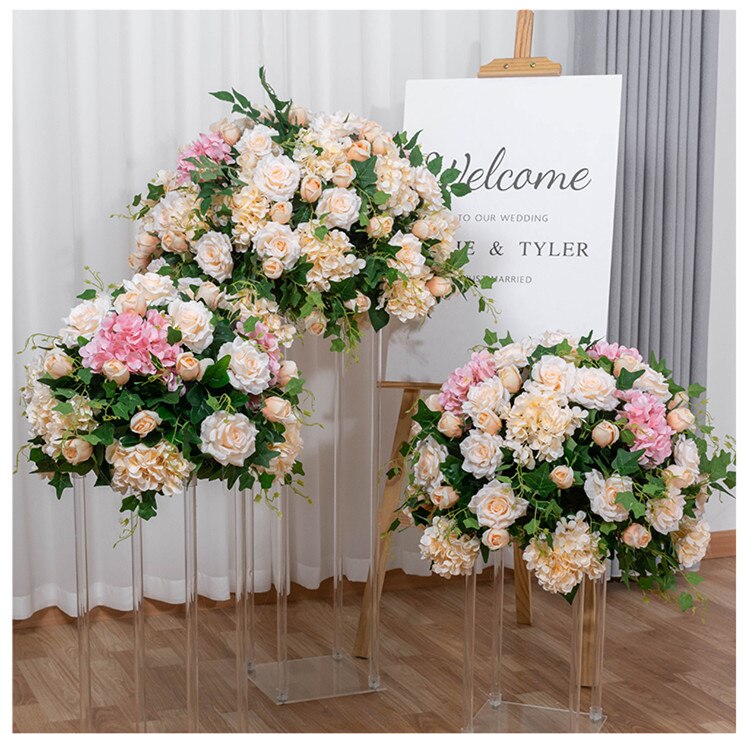



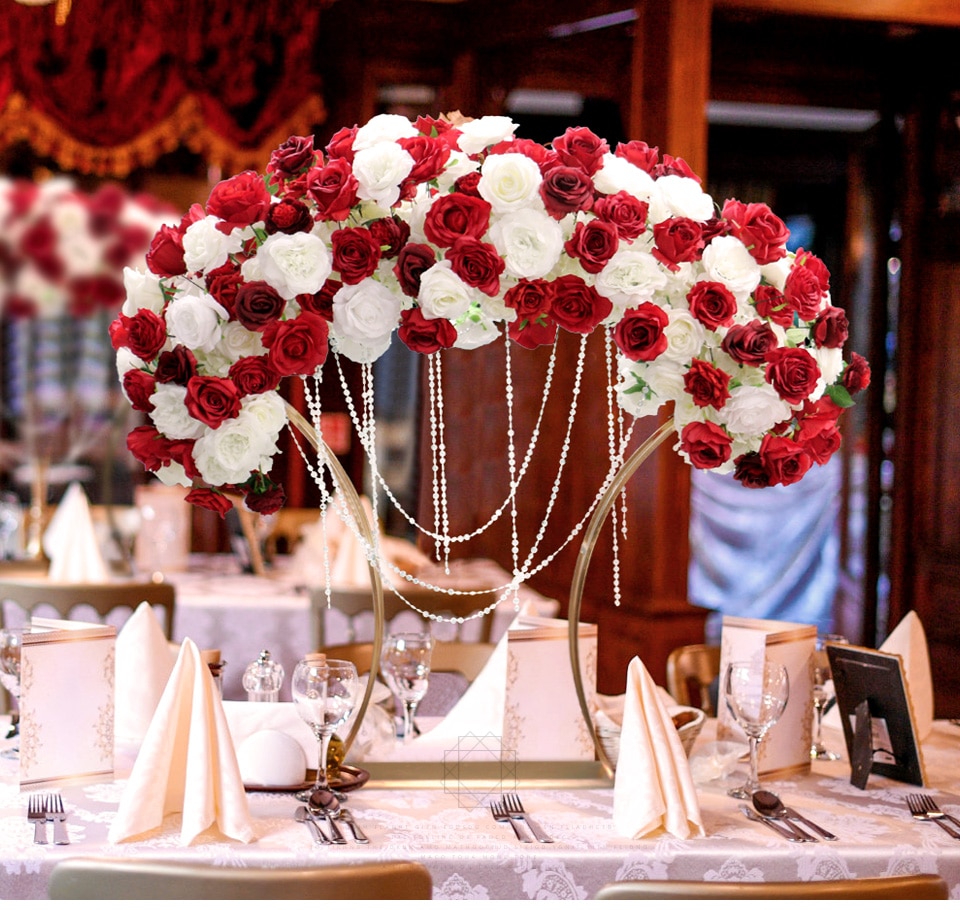
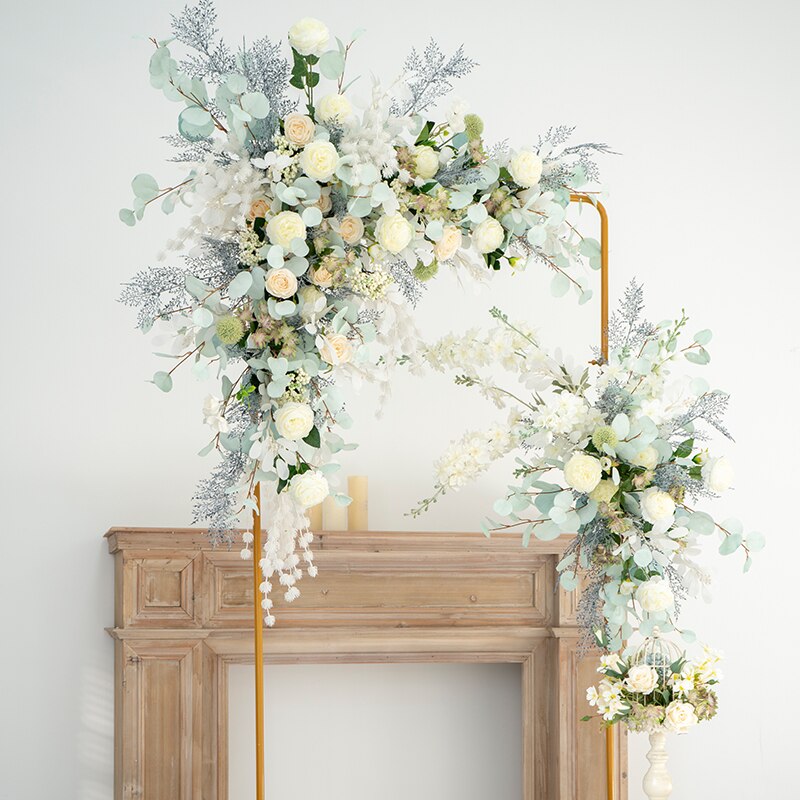
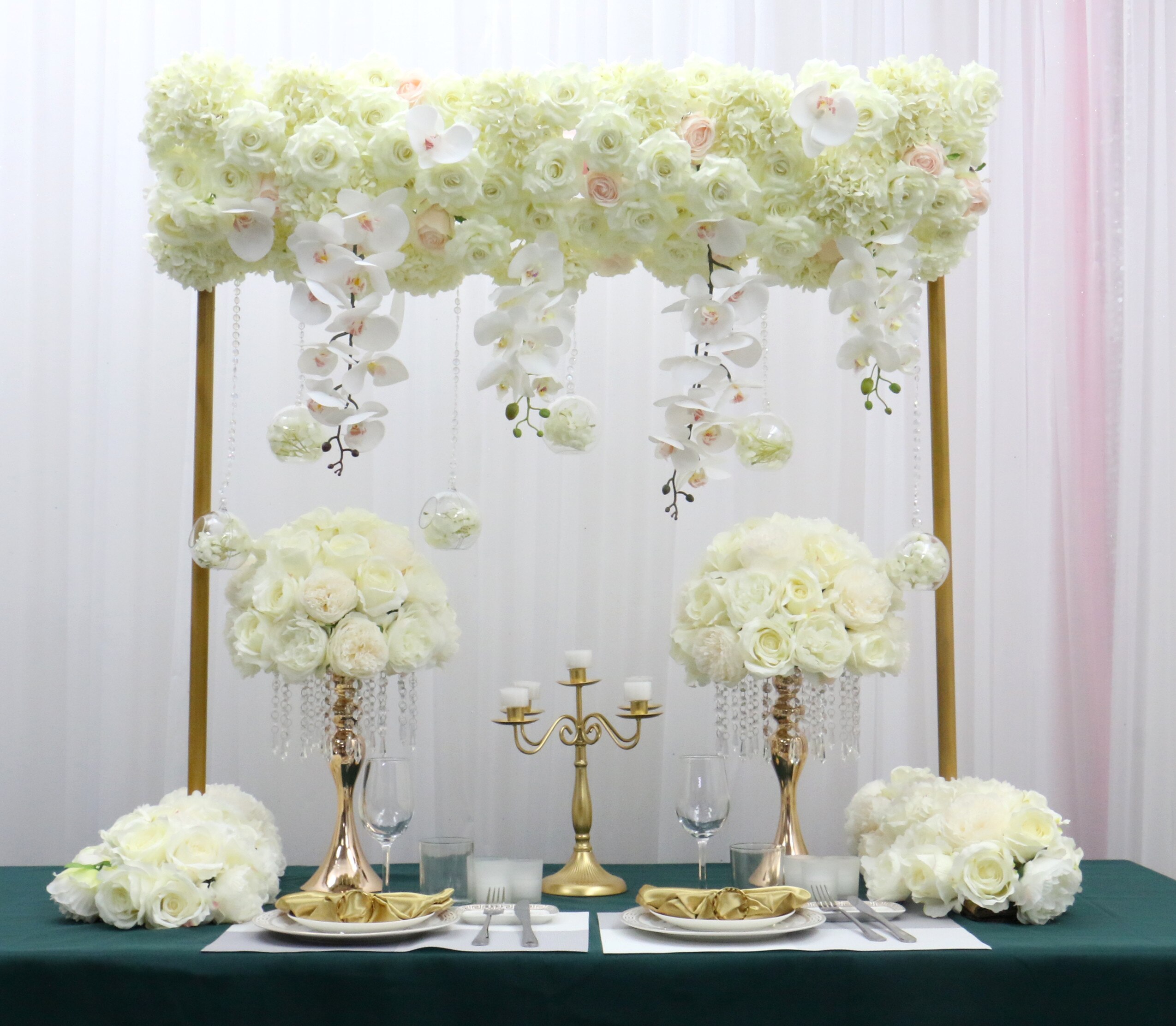

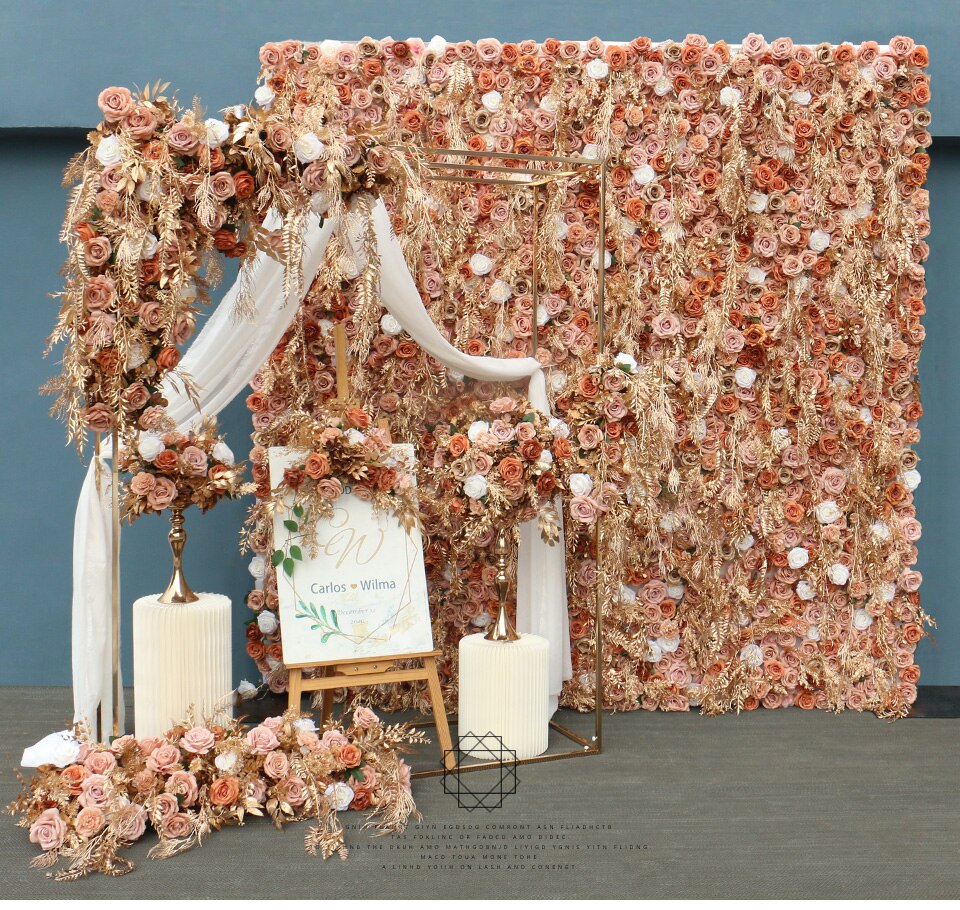
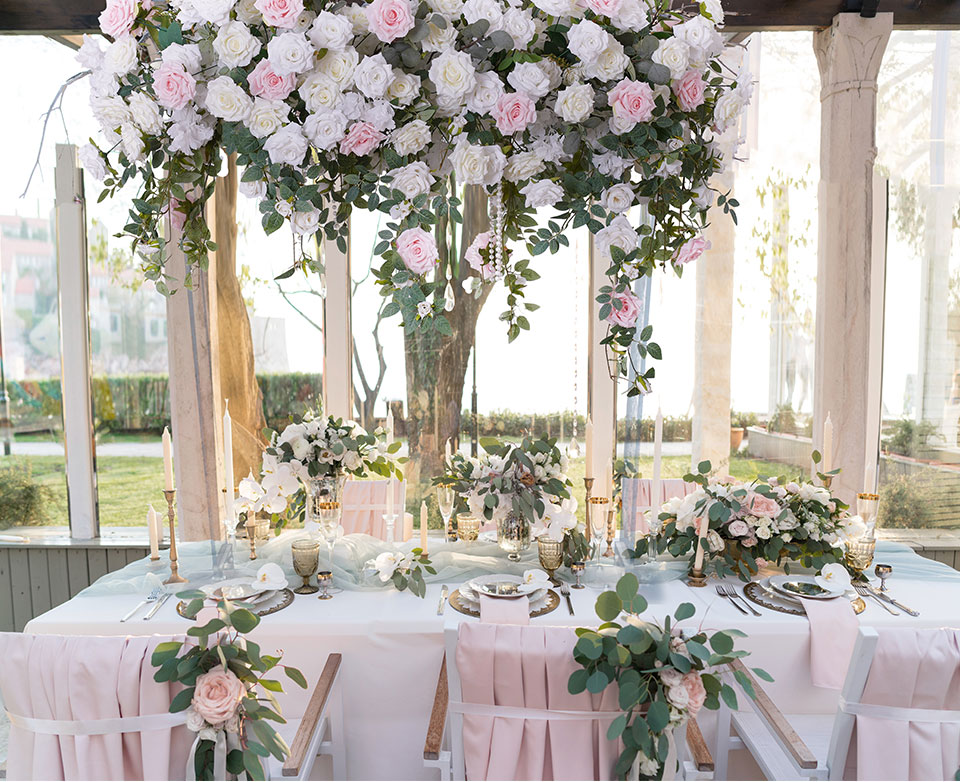

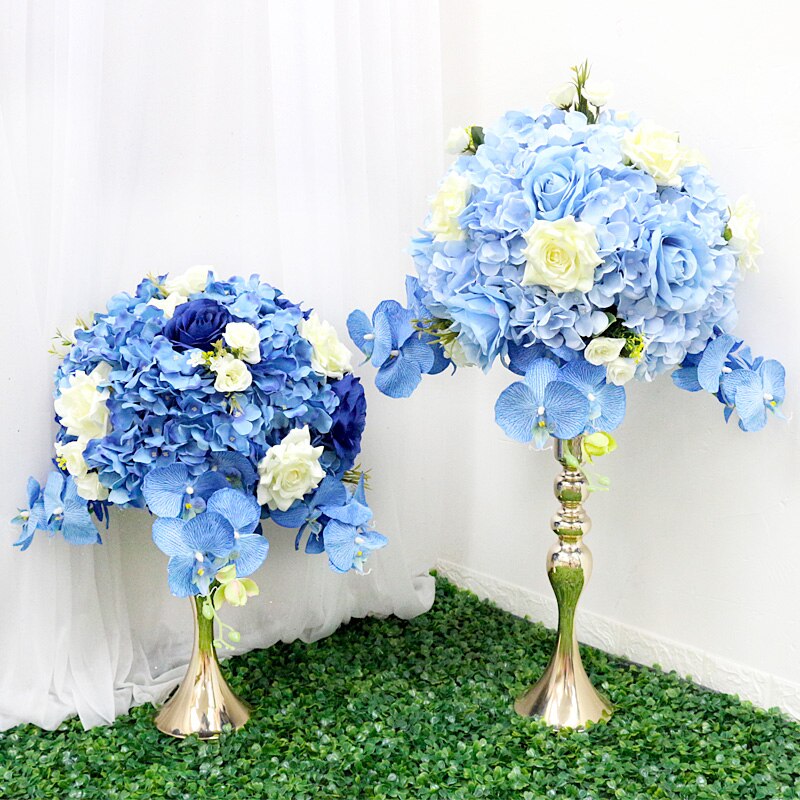




















Leave your comment